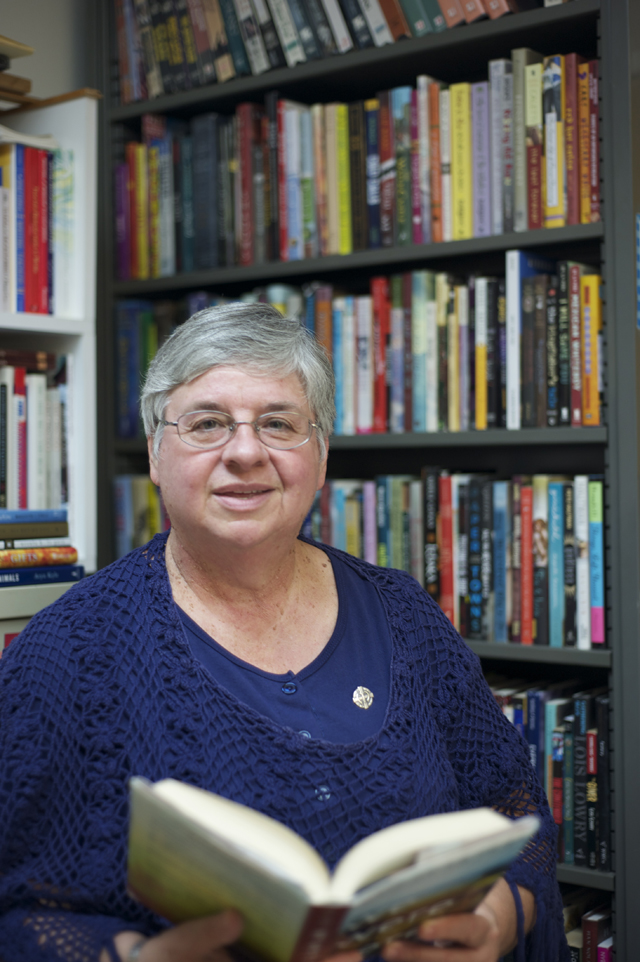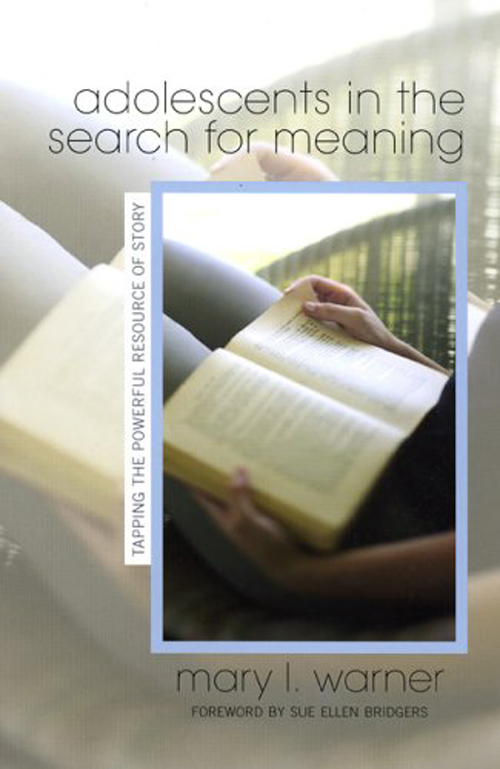The popular Internet abbreviation “TLDR” stands for “too long, didn’t read.” As social media springing from Silicon Valley condenses messaging to shorter and shorter character counts, local educators struggle with “aliterate” students. Unlike illiteracy, aliteracy means, “I can read, but I won’t read,” or “I can read, but I don’t care,” according to Dr. Mary Warner, an English professor at San Jose State University who specializes in young adult literature and literacy.

As the director of the English single subject teaching credential program, Dr. Warner increasingly encounters students looking to become teachers who do not identify as readers. She says, “Very often, students will say things like, ‘Well, you know, I was a reader up ‘till . . .’ It would always sadden me that people would say, ‘I no longer read.’”
In her course, “Literature for Young Adults,” however, each of her students readily lists a book they read as a child or teenager that had an impact on him or her. This demonstrates the power of the young adult genre, which Dr. Warner researched extensively for her 2006 book, Adolescents in the Search for Meaning: Tapping the Powerful Resource of Story.
The young adult genre exploded in the 1970s with authors like Judy Blume and continues to grow with series like Harry Potter and The Hunger Games. Dr. Warner believes young adult novels are valuable resources for teenagers who struggle to find meaning in their own lives. “Teenagers want to know who they are and what life holds for them, and they are in the search for and development of identity with peers who are equally adrift,” she writes. With relatable teenage protagonists, she argues, young adult novels allow teenagers to learn about various life challenges from a “safe and neutral distance.”

But when teenagers express themselves in abbreviated terms on the Internet, the potential for loss of meaning grows. The stories we tell about ourselves on social media do not necessarily reflect the depth of our struggles and could perpetuate unrealistic expectations among youths who have not experienced enough to recognize the editing and airbrushing of our digital selves.


